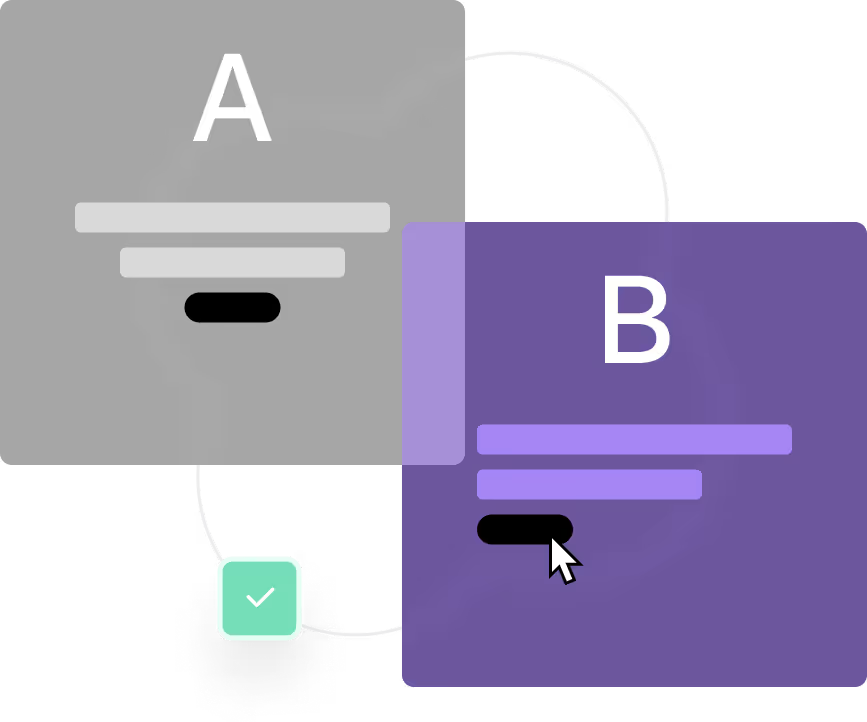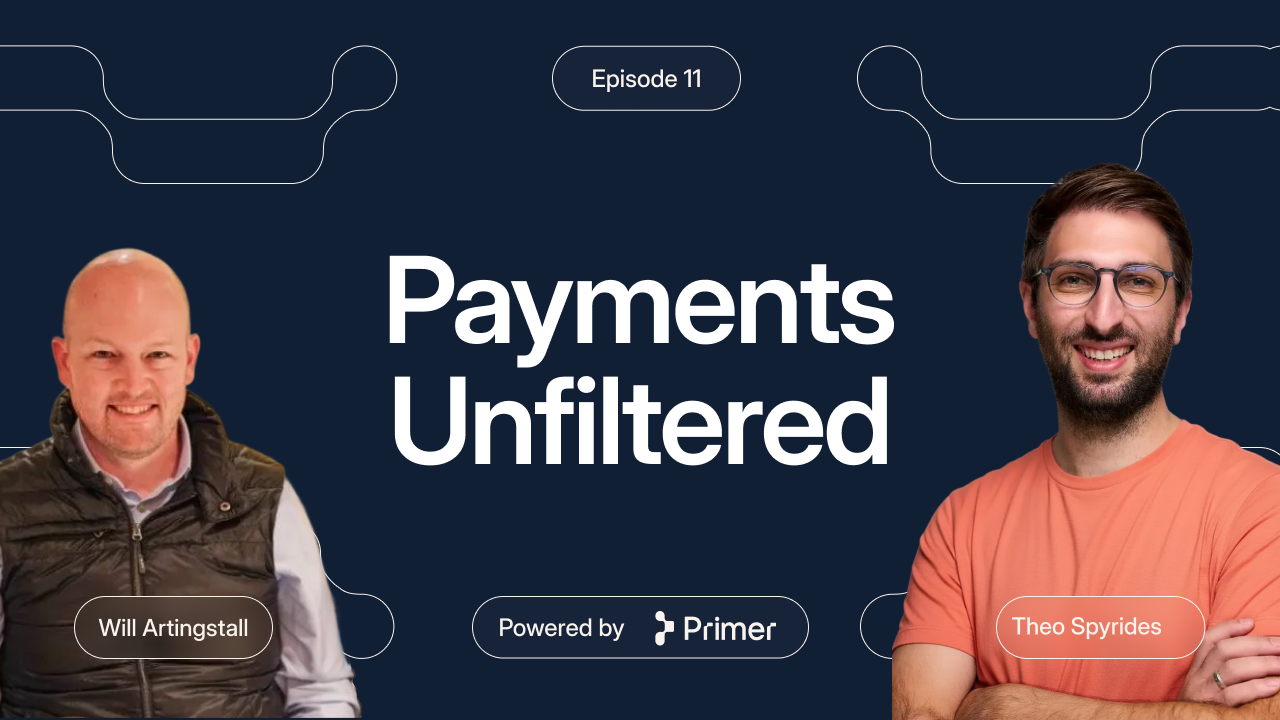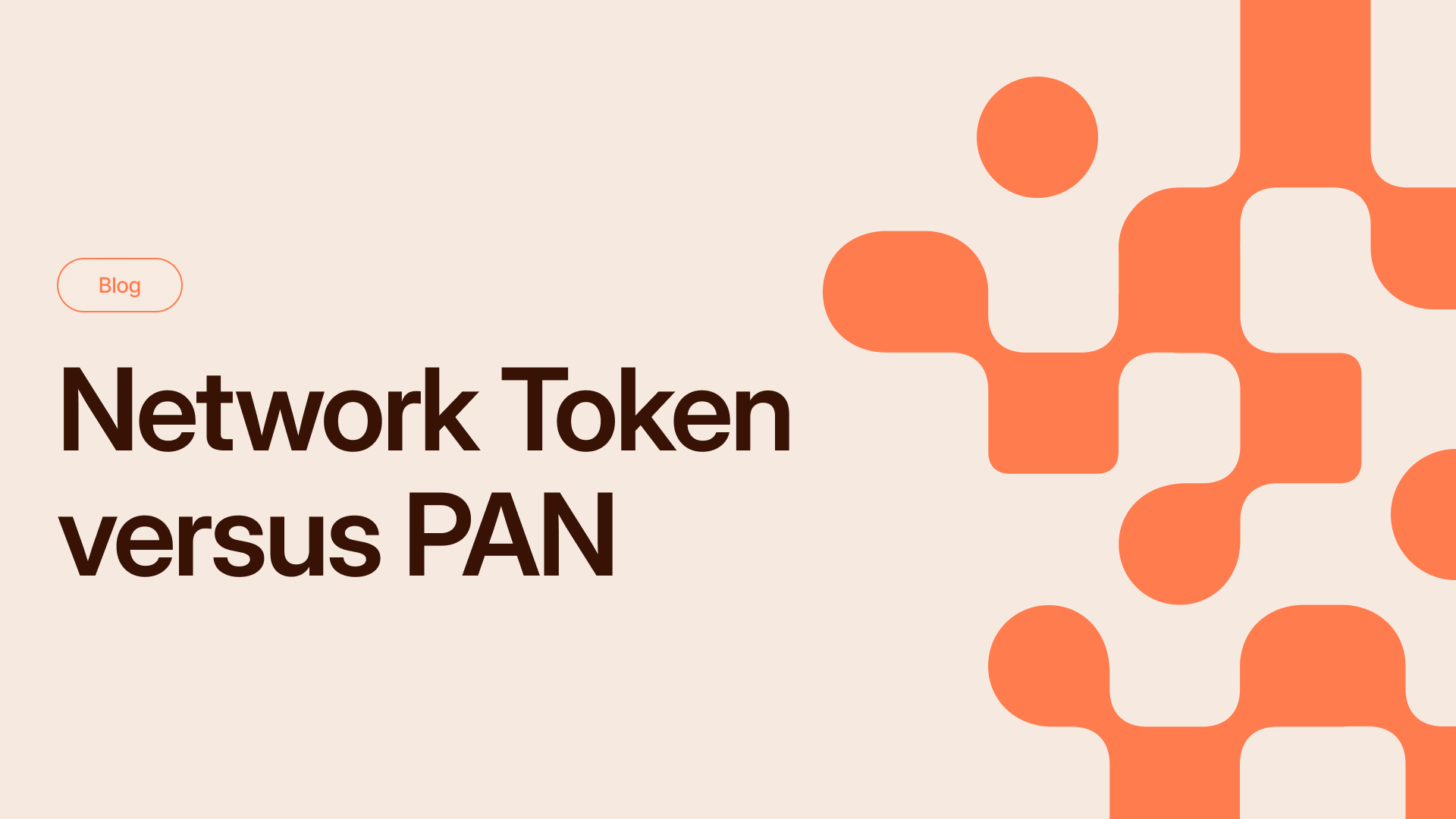Working with a payment orchestrator offers increased flexibility, cost savings, and better performance, but it can introduce complexity and potential vendor dependency depending on the provider.
Payment orchestration is becoming an essential tool for merchants managing multiple payment providers, acquirers, and payment methods. It helps unify a fragmented payments ecosystem, improve authorization rates, and give businesses more flexibility.
But not all orchestration platforms are built the same. Below, we’ll outline the pros of payment orchestration, as well as the common drawbacks of some providers, and how Primer addresses them.
Pros of payment orchestration
1. Multiple providers, one integration
Instead of building and maintaining dozens of PSP integrations, orchestration consolidates everything into one layer, making it easier to launch and manage payments.
Read more: Why you need multiple payment processors (and how to do it)
2. Higher authorization success rates
When a transaction fails, orchestrators can reroute it to another processor or retry automatically, based on rules defined by the merchant, helping payment teams recover revenue and reduce false declines.
3. Global coverage with local payment methods
Merchants can expand faster by activating local payment methods (iDEAL in the Netherlands, ACH in the US, Alipay in China) alongside cards and wallets.
Read more: Multiple payment methods: Everything you need to know
4. Lower costs
Routing transactions intelligently and negotiating with multiple PSPs helps reduce processing fees and unlock better terms.
Read more: How to reduce card payment fees with Primer
5. Risk management and compliance
Orchestration can centralize tokenization, PCI DSS compliance, and fraud tool integrations, making oversight easier and reducing exposure.
6. Flexibility to scale
Adding or switching providers becomes a no-code change rather than a months-long engineering project.
7. Unified reporting and analytics
Orchestration platforms consolidate PSP data into one view, making reconciliation and performance analysis simpler.
Read more: Payment analytics dashboards: A buyers guide
Common drawbacks of some payment orchestrators, and how Primer is different
1. Complex integration
Some orchestration tools still require heavy engineering to get started.
Primer is no-code: connect PSPs, wallets, and fraud tools in clicks, and build workflows visually with drag and drop and without developer bottlenecks.
2. Latency and reliability concerns
Merchants sometimes worry an extra platform could slow down payments or create dependency risk.
Primer is built for resilience: its infrastructure is designed for enterprise scale, with uptime guarantees and routing that improves reliability.
3. Limited coverage
Some providers don’t support all the local methods merchants need.
Primer is global by design: from ACH in the US to UPI in India and Cartes Bancaires in France, Primer supports both global and local payment methods out of the box.
4. Vendor lock-in
Ironically, some orchestration tools can make merchants dependent on their platform.
Primer is agnostic: merchants stay free to add, switch, or remove PSPs anytime, without lock-in.
Payment orchestration is a powerful way for scaling merchants to reduce costs, improve performance, and expand faster. While some platforms introduce added complexity or limitations, Primer was built to remove those barriers.
FAQs: Pros and cons of payment orchestration in 2025
Is payment orchestration worth the investment?
For merchants processing high volumes or operating in multiple regions, yes. Primer ensures the ROI is clear by helping businesses reduce fees, improve approval rates, and launch faster into new markets.
Find out how much you can save for yourself and turn payments into profit with our ROI calculator
Does payment orchestration slow down transactions?
Some merchants worry about latency. Primer’s infrastructure is built for speed and resilience, ensuring that transactions are routed efficiently without adding delays.
What happens if a payment orchestrator goes down?
Reliability varies by provider. Primer is designed with enterprise-grade uptime and redundancy, giving merchants confidence that payments will keep flowing even in high-traffic scenarios.
How do I know if my business actually needs orchestration?
If you operate with multiple PSPs, plan to expand internationally, or want more control over costs and authorization rates, orchestration is likely a fit. And if you want to have a bird's eye view of all your payment operations in one dashboard to better iterate, experiment, optimize. Primer makes it easy to start small with one integration and scale as your needs grow.




.png)
